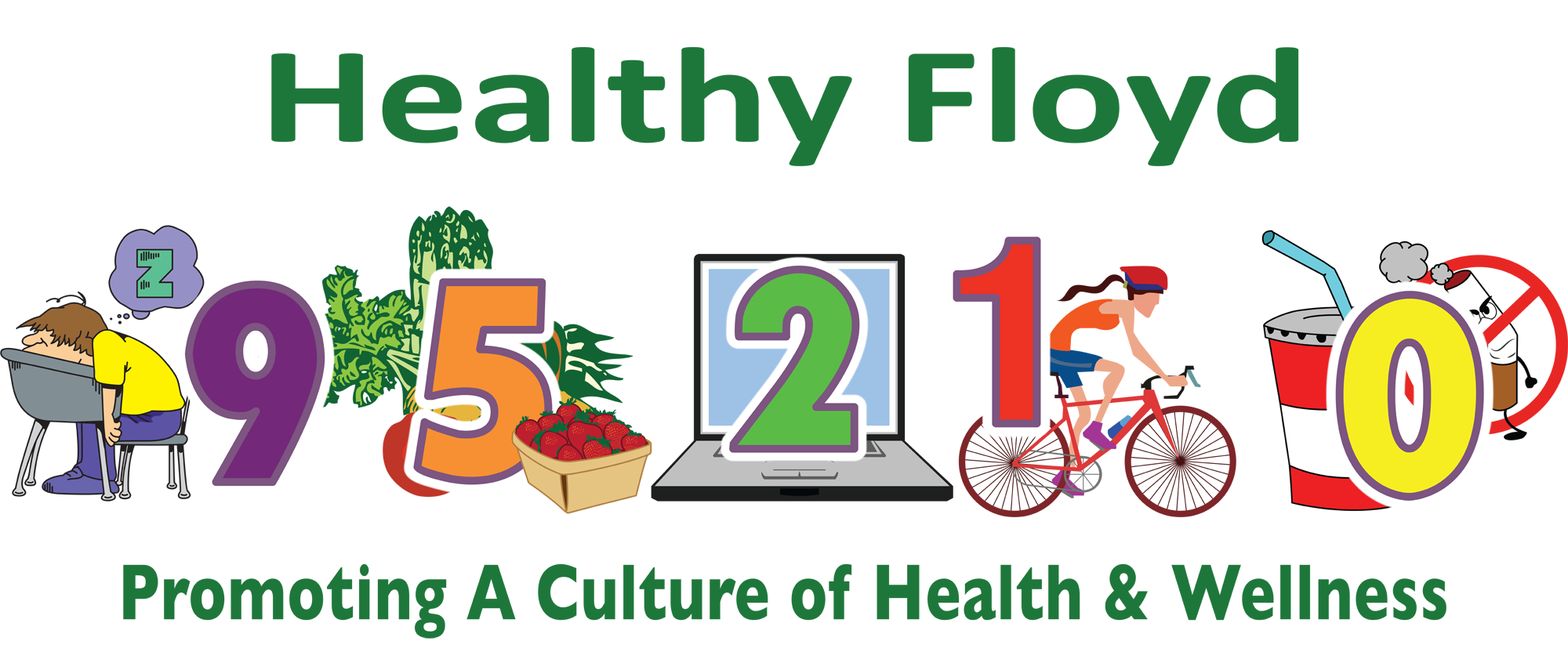The 2 in the 95210 campaign represents the maximum number of hours of recreational screen time recommended for a child older than two years old. Children under two should not have any hours of screen time. This recommendation comes from the Center for Disease Control, the American Academy of Pediatrics, and Health and Human Services. Screen time includes not only TV screens and computer monitors, but also handheld devices.
There is no doubt that interactive video games, TV and the internet can be wonderful sources of education and entertainment, but too much screen time can have unhealthy side effects. An increase in screen time contributes to a sedentary lifestyle, replacing time that children could spend doing physical activities. In addition, watching TV can contribute to excessive snacking especially with so many commercials that are specifically targeted for children and influence them to make unhealthy food choices. Children don’t understand that because their favorite TV character or actor endorses a product doesn’t mean that it is good for them.
However, commercials are not just geared toward children. Many claims from companies are false or misleading and unsubstantiated. In 2009, after a complaint to the FTC, the ‘educational’ was dropped from marketing claims made by the Baby Einstein company. In response, the company offered refunds to their customers for the cost of their DVD. Earlier this month, also in response to a complaint to the FTC, Open Solutions no longer claims that their apps teach language skills.
“My impression is that parents really believe these videos are good for their children, or at the very least, not really bad for them,” Ms. Rideout, vice president of the Kaiser Foundation said. “To me, the most important thing, is reminding parents that getting down on the floor to play with children is the most educational thing they can do.” http://www.nytimes.com/2009/10/24/education/24baby.html
So what can you do to decrease screen time? For young children, encourage free play as much as possible, especially for children under age 2. It helps your toddler stay active and strong and helps him develop motor skills. Research shows that children who spend less time watching television in early years tend to do better in school, have a healthier diet, are more physically active, and are better able to engage in schoolwork in later elementary school. http://www.screenfree.org/screentimefs.pdf Talk to your children about the importance of sitting less and being active. Be a good role model and limit your screen time too. If you don’t think your family has much screen time, keep a log. You may be surprised how quickly the minutes add up! This will give you a better idea of where to make the changes.
When you do spend time in front of a screen, try to do something active like stretching or lifting light weights. Challenge your family to see who can do the most jumping jacks or toe touches during the commercials. Create a rule to limit screen time and enforce it. Take the TV and/or computer out of the bedroom. Put it in a room that you can monitor what they are watching. Turn off the TV during meals and use this time to talk to your family. Talk to your caregiver and encourage them not to use the screen as an electronic babysitter. Give your children alternative ideas such as playing outside, doing a craft, playing an instrument, dancing and singing. The list of ideas is endless. http://www.nhlbi.nih.gov/health/public/heart/obesity/wecan/reduce-screen-time/tips-to-reduce-screen-time.htm
Healthy Floyd appreciates the following places in Floyd for providing alternative recreational opportunities and for supporting the 95210 campaign: The Floyd Country Store, Floyd County Public Schools, Jacksonville Art Center, Jessie Peterman Library, June Bug Center, Black Water Loft, Mitchell’s Music, School House Fabrics, WIC Garden, and Wolly Jumper Yarns.





